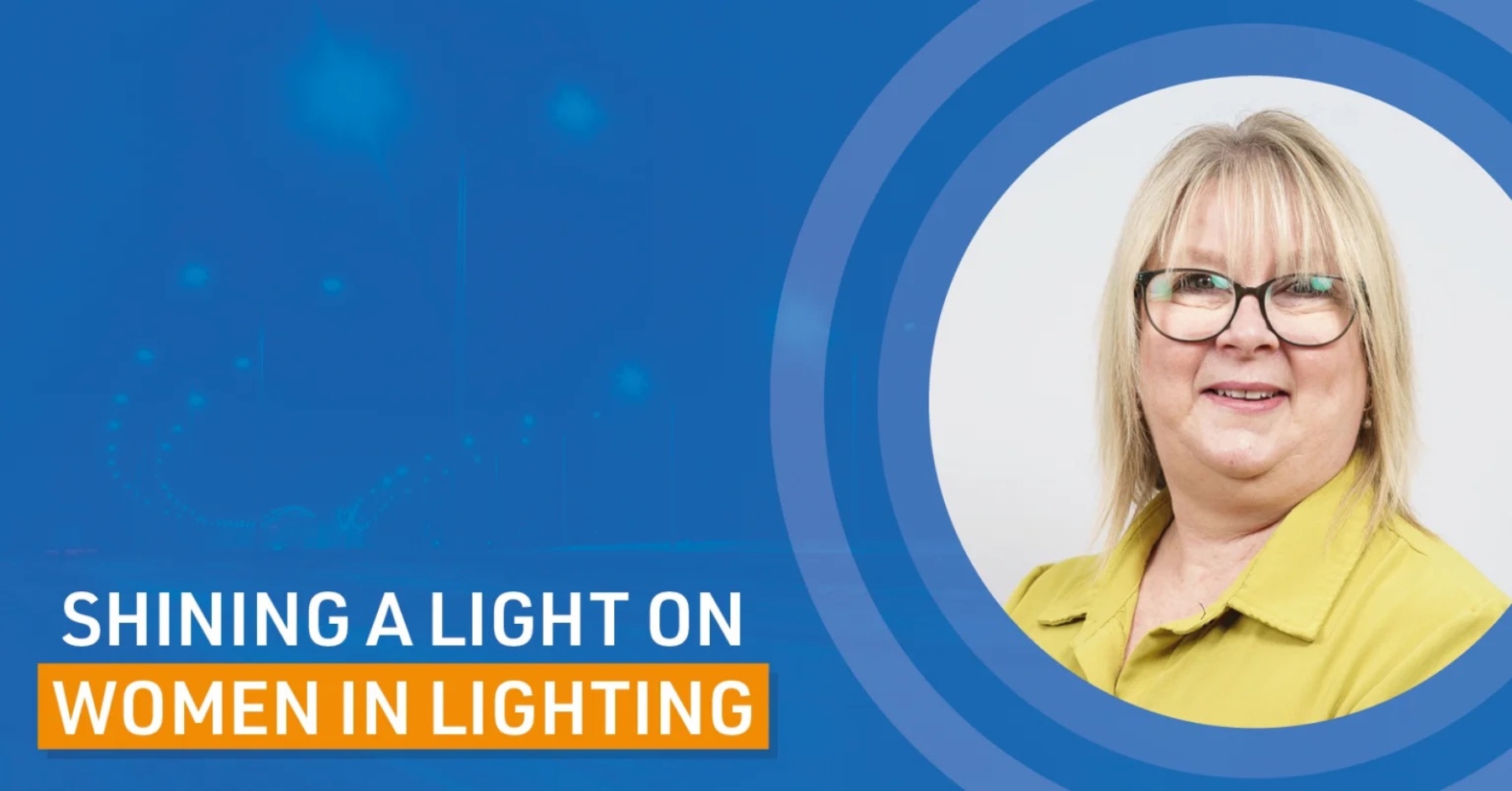This June, we attended the Institute of Lighting Professionals (ILP) Professional Lighting Summit: an annual Manchester-based exhibition centred around educating and uniting like-minded industry players.
And we didn’t just sit on the sidelines at the event, either…
On the second day of the summit, one of our top senior lighting designers Amanda Reece hosted her very own talk titled ‘Women in engineering and lighting — past, present and future’. Amanda put a well-deserved (and much-needed) spotlight on those that laid the groundwork for female engineers, pointed out what still needs to change and suggested ways we can create a better, more inclusive industry.
As you can probably tell, this talk was a hugely important highlight in the Professional Lighting Summit itinerary — and we wouldn’t want anyone that didn’t make it down to the exhibition to miss out on its key messages.
So, you guessed it! Here’s an overview of everything Amanda covered in her talk, from the trailblazers that started it all to where we are today.
Celebrating a history of female engineers
Over 100 years ago, in June 1919, the Women’s Engineering Society (WES) was created by members of the National Council of Women of Great Britain (NCWGB) who refused to hand back the jobs they took over whilst men were at war.
The WES sought to support the professional development of female engineers with The Woman Engineer journal and WES Annual Conference — both of which help promote training opportunities, highlight relevant news and challenge gender-based discrimination in the engineering industry.
Shortly after this, the Women’s Electrical Association (WEA) popped up. Later named the Electrical Association for Women (WEA), this organisation was founded and directed by Dame Caroline Haslett, who taught women about key aspects of electricity in the home, including plug wiring and lighting installation.
And then there were women like Jean Rosenthal, an American engineer who worked out how to eliminate shadows and master contrast using onstage floodlights — becoming a pioneer in modern architectural and theatrical lighting design.
These organisations and individuals achieved so much, paving the way for the current generation of female engineers and lighting professionals, but there’s still more to be done.
Women in lighting and engineering missing from most curriculums and there are a lot of problems with gender equality in the workplace, with Engineering UK’s most recent research report revealing that only 16.5% of engineers are women. That’s largely because stereotypes that engineering professions are ‘man’s jobs’ are stopping girls from studying science, technology, engineering and maths (STEM) subjects or entering related careers when they do.
Plus, because the industry is so male dominated, plenty female engineers feel uncomfortable, isolated and even like they need to prove they’re capable of doing their job on the daily. So, what can we do to fix this?
Recognising room for improvement
Firstly, more must be done to show female students that they can (and should!) pursue STEM careers. Not only that, but there needs to be better promotion of a wider range of engineering careers. Yes, we’re biased — but lighting is great!
To foster a more welcoming environment for female engineers, we also need to put an end to harmful prejudices. It won’t be easy, but male engineers can make a world of difference by speaking up for their female colleagues and giving credit where it’s due.
In the meantime, there are plenty of great initiatives and organisations to get involved with, such as International Women in Engineering Day (on Friday, 23 June 2023 — we’ve just celebrated it!) and Women in Lighting, a UK-based digital platform celebrating women for their work in the lighting industry.
It’s just about stepping up and doing what you can to make a difference. To borrow a Henry Ford quote from Amanda’s presentation, ‘If you always do what you’ve always done, you’ll always get what you’ve always got’.
Essentially, to ensure the engineering industry is as inclusive as possible, we mustn’t just fix what’s wrong now — that’s the bare minimum! Instead, we must make continuous improvements to address issues as and when they occur and create a culture of innovation where teams unite to promote progress. Plus, when everyone’s responsible for challenging the norm, people gain a new sense of worth knowing their actions matter and they’re a part of something special.
Hopefully, that’s enough to motivate you to make some positive changes in your role. Who knows you could accomplish…
DFL is a leading independent lighting consultancy passionate about empowering women in lighting. Keen to learn more? Give us a call at +44 (0)1962 855080 or email info@dfl-uk.com.























